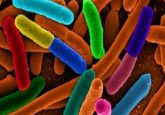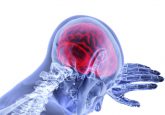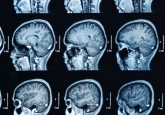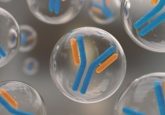Decoding depression: could translating mood signals be the start of a new era for treatment of affective disorders?
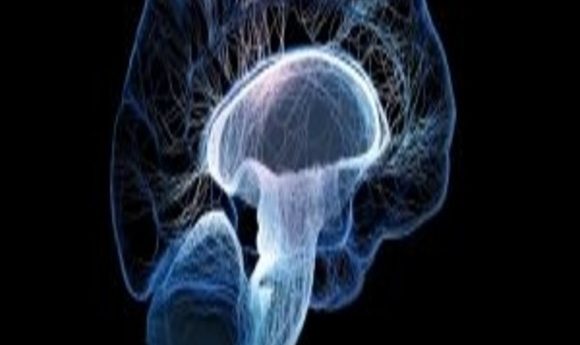
Novel decoding technology allows for the prediction of mood based on underlying neural signals, potentially revolutionizing the future treatment of affective disorders. Could this be the new depression treatment?
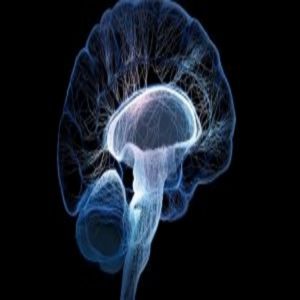
Researchers at the University of Southern California (USC; CA, USA) have recently reported a breakthrough in neural decoding technology. Using recordings from intracranial electrodes they have discovered a new method of translating the mood of an individual from the neural signals in their brain. These results, published in Nature Biotechnology, may provide a key step in the process of developing novel treatments for affective disorders such as depression or anxiety.
The study involved seven epilepsy patients who already had electrodes implanted for clinical monitoring of their seizures. Large-scale brain signals were recorded across several days to allow detection of signals during different moods, with the patients also intermittently completing a 24-question self-report based mood questionnaire.
Patients were asked to ‘rate how you feel’ on a continuum of negative to positive mood pairs. Using the recorded signals and questionnaire results, researchers built a closed-loop decoder to recognize signal patterns and match them to the corresponding mood.
“Our goal is to create a technology that helps clinicians obtain a more accurate map of what is happening in a depressed brain at a particular moment in time,” commented Maryam Shanechi (USC Viterbi School of Engineering).
The USC team believes that these findings will have a significant impact in the development of novel brain stimulation therapies for affective disorders, something particularly important to those currently unresponsive to treatment.
”If we know the mood at a given time, we can use it to decide whether or how electrical stimulation should be delivered to the brain at that moment to regulate unhealthy, debilitating extremes of emotion,” explained Shanechi. “A more objective assessment of mood over time [helps in guiding] the course of treatment for a given patient.”
The personal closed-loop decoder technology opens up the opportunity for personalized therapies for those with affective disorders. The new technology also has the potential to be extended for use with other neuropsychiatric conditions such as chronic pain, addiction or post-traumatic stress disorder.
